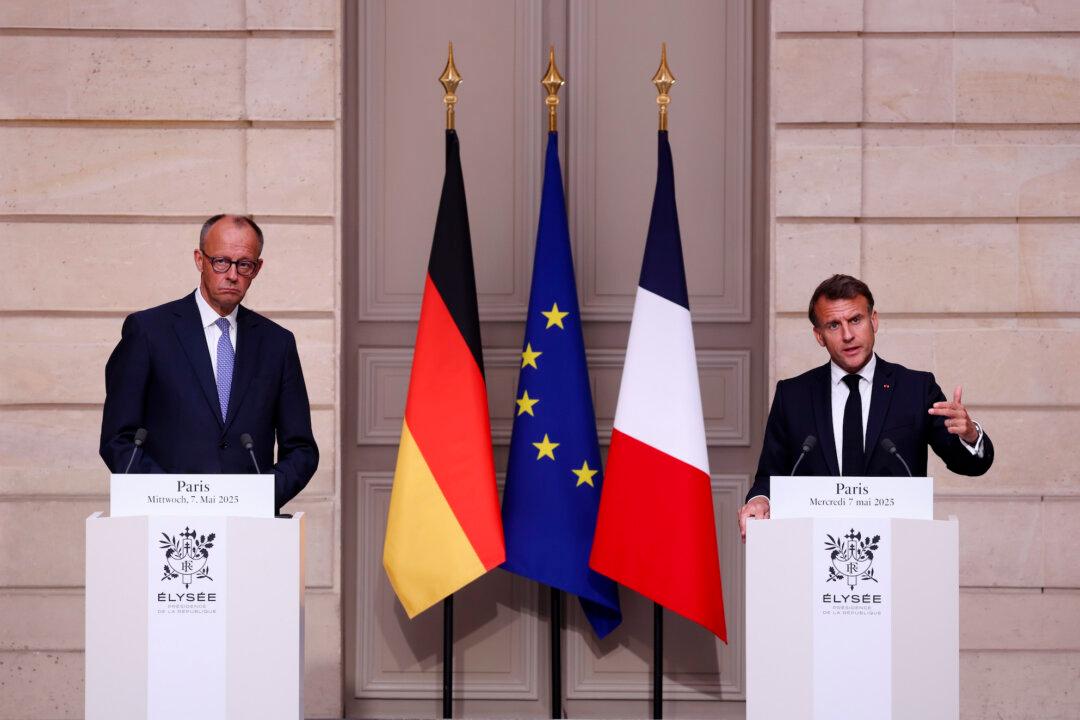French President Emmanuel Macron and new German Chancellor Friedrich Merz announced plans on May 7 to establish a Franco-German security council.
This signals a major step toward strengthening Europe’s defense posture amid persistent threats from Russia and a shifting global focus from the United States under President Donald Trump.





